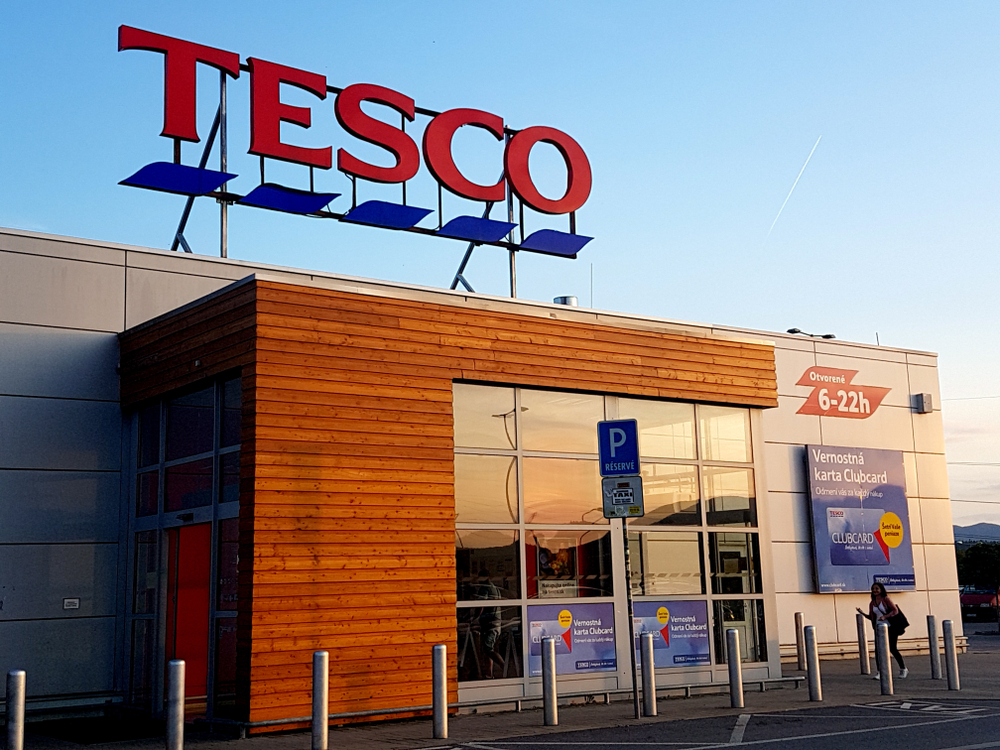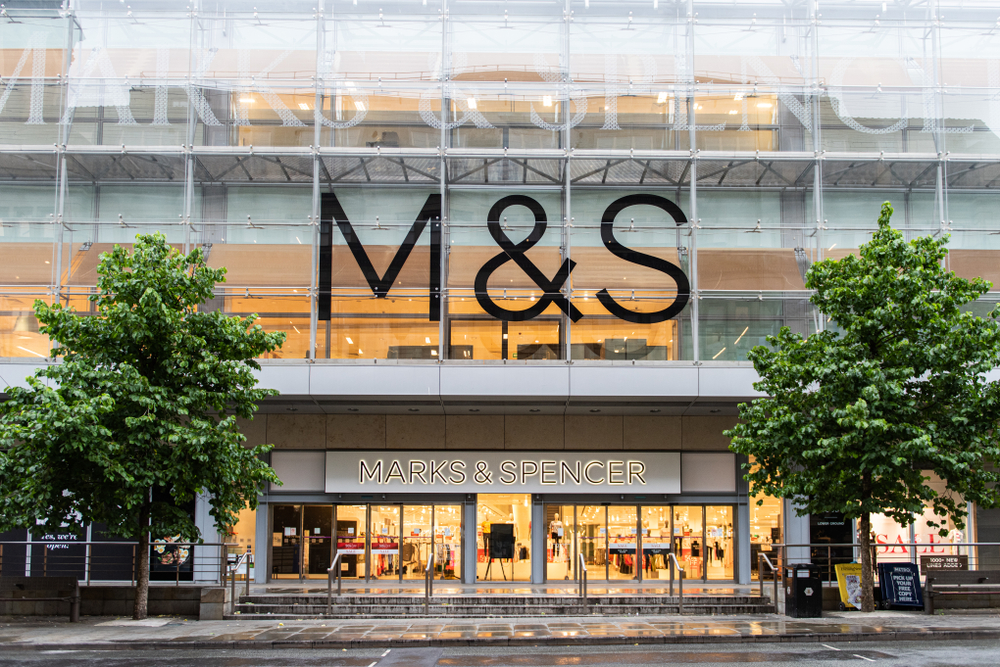The tech market has continued to enjoy a boom in popularity and sales this year, giving a boost to many retailers that sell electricals, smartphones, computers and gadgets.
Last month, in what is usually one of its slowest growth quarters in a given year, Apple reported a nearly 50 per cent year-on-year increase in iPhone sales, among other positive numbers that beat analyst expectations.
MusicMagpie, an online retailer that specialises in reselling refurbished consumer technology items, also reported strong growth in profits and sales following its float on London’s junior market. Chief executive Steve Oliver also hailed it a “landmark period” for the retailer.
Jonathan Rose, managing director at Tier 1 Asset Management, said the second hand electricals sector has been doing so well because “in an ever changing market, where consumers are becoming more aware of sustainability, ‘recommerce’ has become the better alternative to reduce what’s known as e-waste and promote reusability of the product”.
Rose added that due to the Covid-19 pandemic, the remote workforce environment saw a large increase in the demand for IT hardware.
“Lead times have been extremely affected by the pandemic and, because people have become accustomed to a world where everything is available with a next day delivery service, the long lead times for shiny new equipment has pushed them to explore the recommerce market with pleasant surprises,” he told Retail Gazette.
Alex Smith, managing director at the independent tech shop Click, Save & Print, said MusicMagpie’s success came from its expansion from just CDs/DvDs/games and books into mobile phones and other tech products.
“Also allowing themselves to set a cost price allows them to determine their own profit margins over buying a brand new items, where to a certain degree the price is set by the manufacturer and profits are often very small,” he explained.
“Offering a 12-month warranty helps sell a product, but as mentioned before, unless the price is significantly cheaper some people will still choose the brand new item.
“In recent years a flagship smartphone has gone from £600 to over £1000. A smartphone is a turning into a significant life purchase.
“Many people seem to break their phones by accident and because they cannot live without them, they need the cheapest solution to get it back up and running so are now starting to look at the emerging refurbished market.”

Sustainability has become more important to consumers now more than ever. While this shift towards responsible retail may have helped the second hand electricals sector, how sustainable is it and are there steps that retailers can take to improve their business model?
“The second hand market is an important part of making tech more sustainable,” Smith said.
“It’s probably one of the most difficult industries to change to being sustainable due to the nature of how quickly technology is advancing so we need to do whatever we can.
“Retailers of course need to be offering these second hand and refurb options. Not all do so. They also need to be actively encouraging consumers to consider second hand and not always go for new.”
Smith added that it’s important for people to think long term when buying tech – what are they likely to need, not just now, but in the future and research the best item that will meet their needs as long as possible.
“Retailers should be knowledgeable in being able to guide consumers to the correct product for them,” he said.
“There are many items I won’t offer in our shop – laptops with poor specs, unlikely to meet anyone’s needs for very long and they will need to upgrade quickly.”
He explained that to reduce waste, retailers can adjust business practices in regards to what happens to returned items.
“Many online returns are just unwanted, they are perfectly good to sell again, but at a slightly reduced price,” Smith said.
MusicMagpie’s SmartDrop kiosk service is one initiative helping to create a more sustainable business model at the online retailer.
It allows shoppers to trade in their old electronics for money, and after a successful trial across Asda stores the firm now expects to expand from the current 20 kiosks to “around 300 or 350 individual SmartDrop kiosks”, over the next year.
Click here to sign up to Retail Gazette‘s free daily email newsletter


















